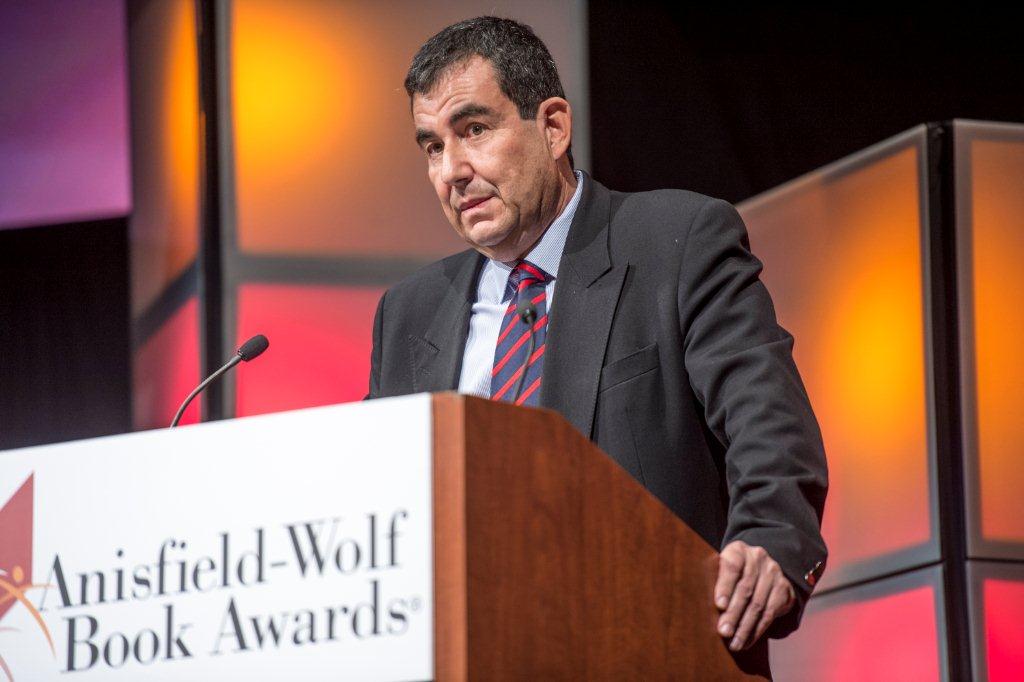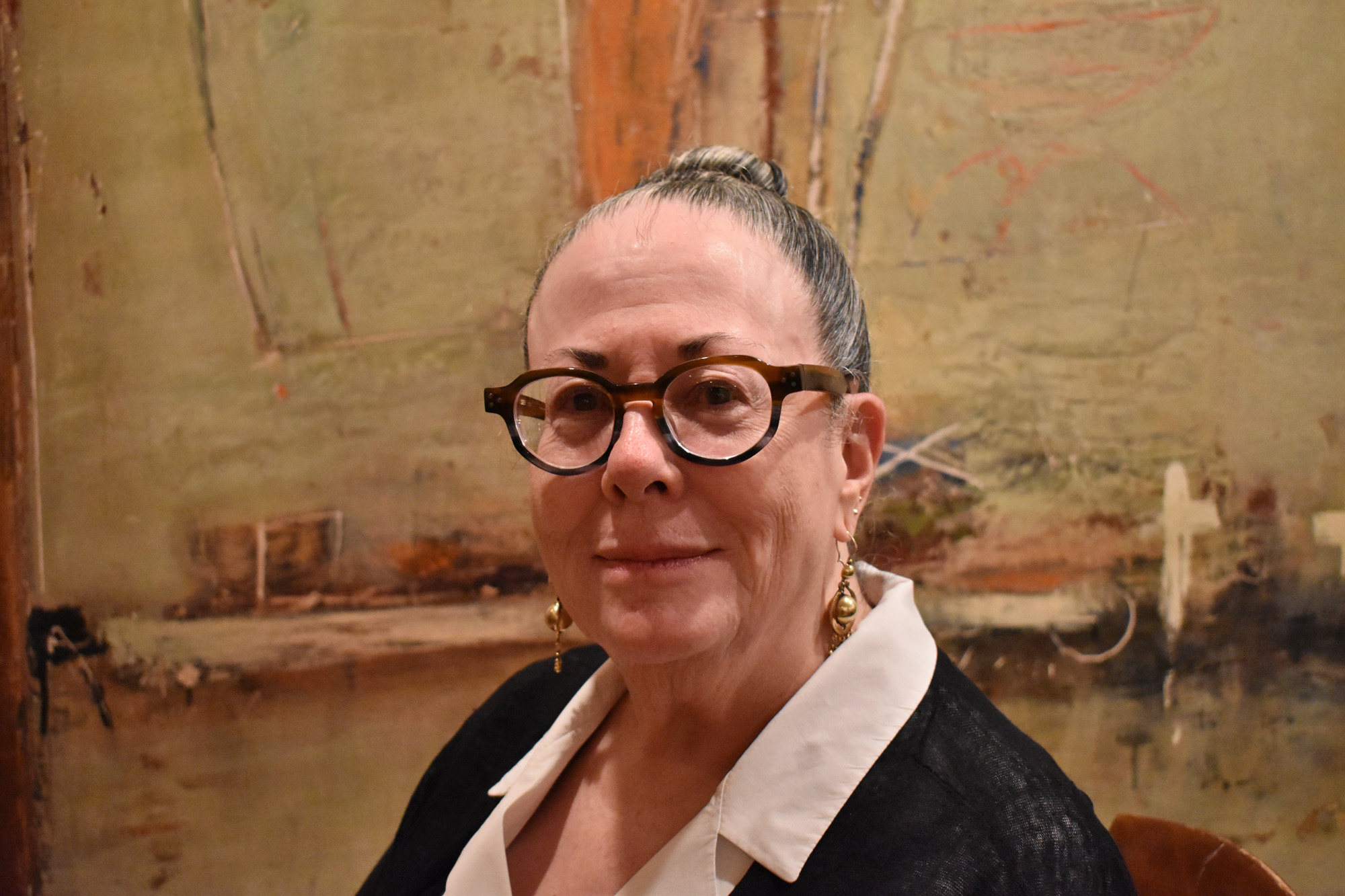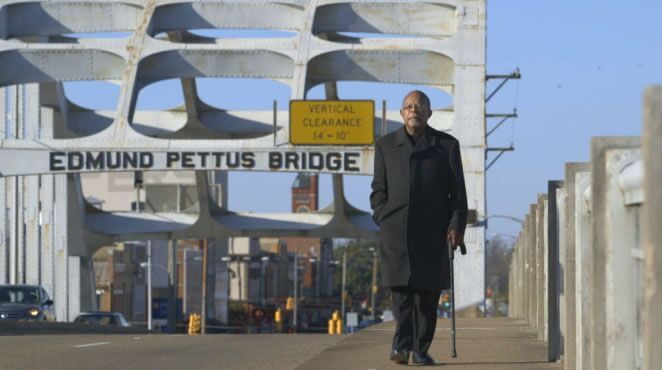
The biggest laugh during Ari Shavit’s serious, passionate talk about the Middle East came at the end, when a questioner at the City Club of Cleveland asked the Israeli journalist about the Kurds.
“Look,” Shavit said. “There are no good guys. There are no Canadians in the Middle East. So you have two options: You opt out and say, ‘I’m a purist; I don’t touch it; it’s all contaminated.’ Or you say, ‘It’s a rough world out there, and promoting the lesser evil is doing the right thing.’”
In “the world’s most unstable region,” Shavit insisted that the United States must stay in the game: “I think the distinction should be not between moderates and extremists but stabilizers and de-stabilizers. America should lead an alliance of stabilizers. . .Jordan is better than Syria. And the Kurds are very, very promising.”
Shavit, 57, a columnist for Haaretz, a major daily newspaper in Tel Aviv, made his first trip to Cleveland in September to receive the Anisfield-Wolf Book Award in nonfiction for his first book, My Promised Land: The Triumph and Tragedy of Israel. The book, five years in the making, received enormous critical attention for being frankly critical of the displacement of Arabs from their land in 1948 while still insisting on the morality of Zionism.
Speaking slowly, Shavit began his remarks as a gracious guest, praising the decency of the American Midwest and placing the City Club — the longest running free speech forum in the United States — in the line of civic institutions that the French political philosopher Alexis de Tocqueville celebrated as essential to the American experiment. Shavit reiterated his respect for the United States, and stressed the continuity between “your great democracy” and Israel’s “frontier democracy.”
He underscored this parallel: “This summer was traumatic for both democracies…We had rockets and tunnels and you had beheadings. Who would have thought of it just a year or two ago that we would once again see this Medieval evil.”
Shavit identified two hazards depleting Western influence in the Middle East: “the fatigue of two wars and an economic crisis that took the oxygen out of the room,” and what he described as an “intellectual weakness” among Western elites, chastened by this history of imperialism, in confronting “Third World evil.” Shavit spent much of his half hour elucidating the perils of Iran acquiring nuclear weapons. “Nothing is more evil than ISIS but other are more dangerous,” he warned.
The former paratrooper and philosophy major insisted that he is still an optimist, a believer in the vibrancy of his people and his hosts. “We have an amazing Israeli society,” Shavit said, pausing, as if weighing the messiness of democracy. “But we have horrific politics—worse than yours.”



